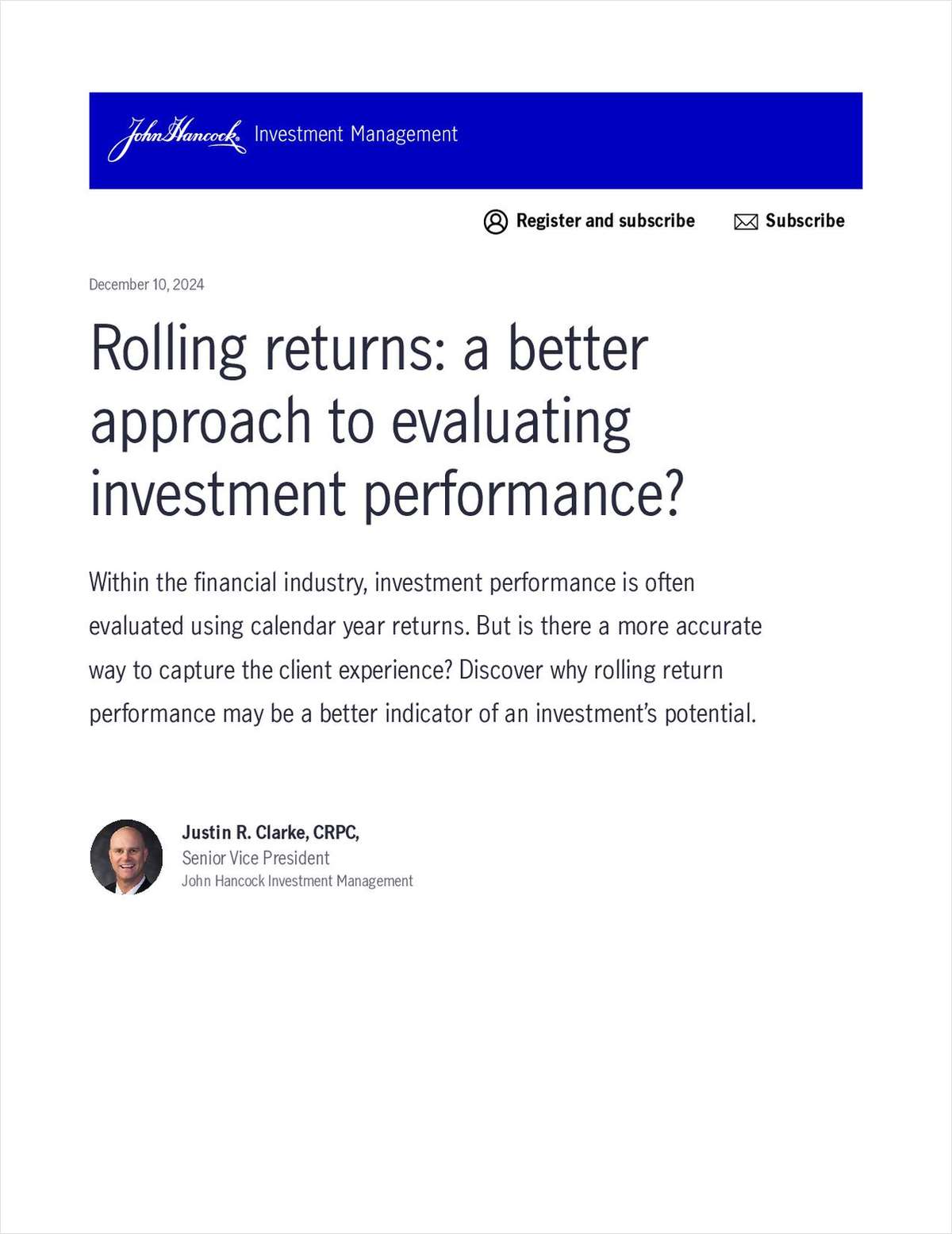
NOT FOR REPRINT
100 best sales & marketing ideas: 61-70
May 21, 2015 at 12:00 AM
Share & Print
NOT FOR REPRINT
© 2025 ALM Global, LLC, All Rights Reserved. Request academic re-use from www.copyright.com. All other uses, submit a request to [email protected]. For more information visit Asset & Logo Licensing.







